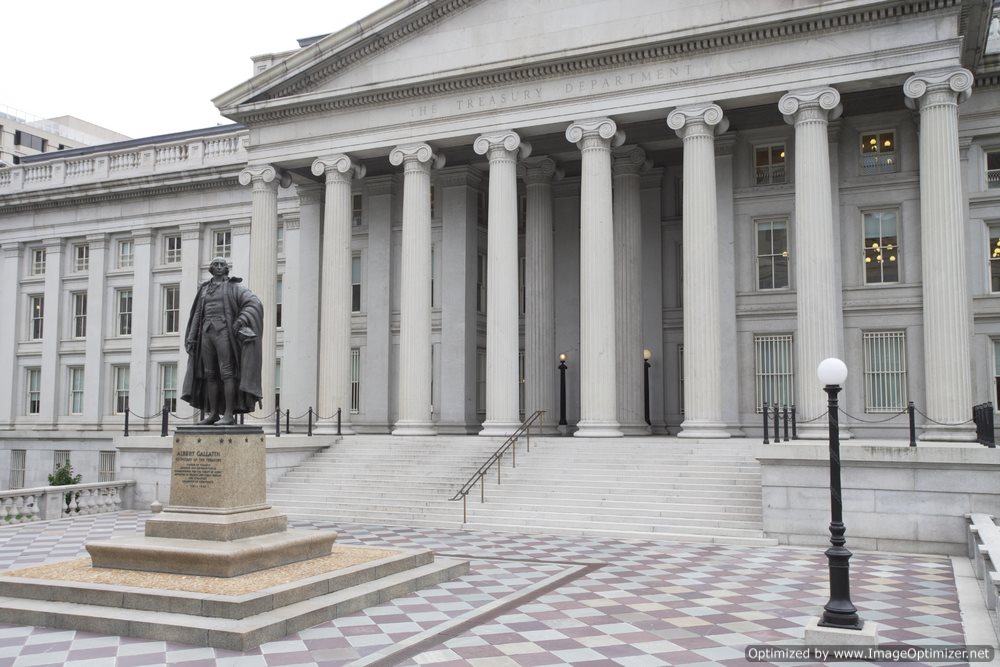Government Departments: A Brief Guide
Government Departments: A Brief Guide
The United States government is composed of many departments and agencies that are responsible for various functions, including national security, healthcare, education, environment regulation, and more. Understanding the roles and responsibilities of these departments is essential to make informed decisions and stay current with public policies. This article provides a brief guide on some of the most important government departments and their functions.
Department of Defense
The Department of Defense is responsible for protecting the United States from external threats and promoting global peace and stability. This department is composed of several military branches, including the Army, Navy, Air Force, Marine Corps, and the Coast Guard. The Department of Defense also oversees many programs related to national security, international relations, and cybersecurity.
Department of Health and Human Services
The Department of Health and Human Services is responsible for enhancing public health and well-being by promoting access to healthcare services, social services, and medical research. This department oversees programs such as Medicare and Medicaid, the Centers for Disease Control and Prevention, the National Institutes of Health, and many others.
Department of Education
The Department of Education is responsible for coordinating national policies related to education, including student aid, academic standards, and teacher training. This department oversees programs such as the Pell Grant, the Federal Work-Study Program, and the No Child Left Behind Act.
Department of Energy
The Department of Energy is responsible for promoting energy efficiency, renewable energy, and nuclear security. This department oversees programs such as the Weatherization Assistance Program, the Advanced Research Projects Agency – Energy, and the Energy Information Administration.
Department of Transportation
The Department of Transportation is responsible for promoting transportation safety, infrastructure development, and mass transit services. This department oversees programs such as the Federal Aviation Administration, the Federal Highway Administration, and the National Highway Traffic Safety Administration.
Environmental Protection Agency
The Environmental Protection Agency is responsible for enforcing national policies related to environmental protection and ensuring public health and safety. This agency oversees programs such as the Clean Water Act, the Clean Air Act, and the Resource Conservation and Recovery Act.
Department of Homeland Security
The Department of Homeland Security is responsible for promoting national security by protecting the country from terrorist attacks and natural disasters. This department oversees programs such as the Transportation Security Administration, the Federal Emergency Management Agency, and U.S. Customs and Border Protection.
Conclusion
Government departments and agencies play a critical role in promoting national prosperity, security, and well-being. Understanding the functions of these departments is essential to make informed decisions and stay abreast of public policies. By leveraging the resources and expertise of these departments and agencies, we can promote a healthier, safer, and more prosperous society.
What are Government Departments?
• Government departments are permanent or semi-permanent organizations that operate within the framework or machinery of a governing body. The majority of government departments are responsible for the administration and oversight of specific governing functions.
• Within every governing body, there is a notable variety of government departments. Furthermore, a government agency is typically distinct from government departments and other types of public bodies established through government actions. The functions of a typical government agency are executive in character; however, these distinctions are commonly blurred in practice.
• Government departments may be established through a national government or a state government positioned within a federal system. Furthermore, government departments may be established by executive powers or through the passing of legislation. Regardless of their origin, all government departments will differentiate regarding the accountability, autonomy and authoritative powers.
Government Departments in the United States:
• In the United States, the President and Congress will delegate specific authority to government departments in order to regulate the particular powers and the complex facets of the federal state. In addition, the majority of American states have created localized government departments. The creation of these government departments is to streamline the broader governmental framework through enhanced administrative, enforcement or oversight capabilities.

• The majority of departments in the United States are labeled as “federal executive departments.” These government departments are among the oldest units of the executive branch of the United States Federal Government’s executive branch. For example, the government department of state, war and the treasury were established just a decade following the creation and affirmation of the United States constitution.
• The Federal Government Department in the United States is analogous to ministries in parliamentary systems; however, since the United States is a presidential system, the heads of these government departments do not represent or act as heads of a government. The heads of government departments, (typically known as secretaries) will form the President’s Cabinet—the organ that serves at the disposal of the elected President, mainly as an advisory role.
Examples of Government Departments in the United States:
• All government departments in the United States operate with thousands of employees and tens or hundreds of millions in operating budgets. The roles of the government departments are specific; these resources are used to carry-out functions to bolster the stability and welfare of the general public. The following are examples of government departments in the United States:
o The Department of the States
o The Department of the Treasury
o The Department of Defense
o The Department of Justice
o The Department of Agriculture
o Commerce
o The Department of Health and Human Services
o The Department of Transportation
o The Department of Energy
o The Department of Education
o The Department of Homeland Security